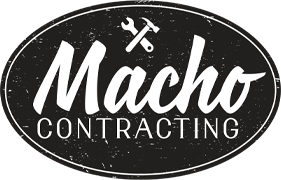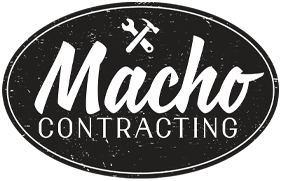Proper waste disposal is essential for maintaining the functionality of septic and lift station systems. Many homeowners and businesses unknowingly introduce harmful substances that can cause clogs, damage, and costly repairs. In this blog, we'll explore what not to put in your septic or lift stations, helping you avoid potential disasters and ensure the longevity of your wastewater management systems.
- Grease and Oils:
Pouring grease and oils down drains is a common mistake that can lead to significant issues in both septic and lift station systems. Grease solidifies as it cools, creating stubborn blockages that restrict wastewater flow. This can result in backups, overflows, and potentially damage expensive components. Instead, collect grease in containers and dispose of it in the trash.
- Non-Biodegradable Items:
Items like paper towels, diapers, wipes, feminine hygiene products, and dental floss should never be flushed down the toilet or drains. These non-biodegradable materials can accumulate in the system, causing clogs and impeding the natural breakdown of waste. Dispose of such items in designated trash receptacles.
- Harsh Chemicals:
Avoid pouring harsh chemicals, such as bleach, drain cleaners, and strong detergents, into your septic or lift stations. These chemicals can disrupt the delicate balance of bacteria in the system that helps break down waste. Opt for septic-safe cleaning products and moderate usage to maintain a healthy system.
- Medications:
Flushing medications down the toilet may seem convenient, but it can have detrimental effects on the environment. Pharmaceuticals can leach into groundwater and disrupt aquatic ecosystems. Dispose of expired or unused medications at designated collection sites to ensure proper disposal.
- Excessive Water:
Overloading the system with excessive water usage, particularly within a short period, can strain your septic or lift station system. Too much water prevents proper treatment and can lead to backups. Avoid doing multiple loads of laundry or running multiple water-intensive appliances simultaneously.
- Food Scraps:
While a garbage disposal may seem convenient, it's not the best option for septic and lift station systems. Food scraps can clog pipes and hinder the system's function. Consider composting kitchen waste instead.
Proper waste disposal is crucial for maintaining the health and functionality of your septic and lift station systems. By avoiding grease, non-biodegradable items, harsh chemicals, medications, excessive water usage, and food scraps, you can prevent clogs, backups, and costly repairs. Remember, responsible waste management not only ensures the smooth operation of your systems but also contributes to a healthier environment and reduced maintenance expenses.


